
This Time Is Different
Eight Centuries of Financial Folly
Read or listen offline
Recommendation
Every so often, experts sucker people into bidding up the prices of stocks or real estate because they announce that the economy has fundamentally changed. As the aftermath of the real estate bubble illustrates, the basics of economics don’t really change, no matter what fantasies people come to believe. Economics professors Carmen M. Reinhart and Kenneth S. Rogoff present a thorough historical and statistical tour of financial hubris through the centuries, a postmortem that will make you wonder how anyone ever believed “this time is different.” The staid tone, formulas, charts and somewhat confusing organization make this fascinating history challenging to absorb. Yet, the content, which sweeps ambitiously and carefully across centuries and countries, rewards the persistent reader with many insights and gems, like the nation-by-nation appendix of fiscal history low points. getAbstract recommends this analytical overview to history buffs, investors, managers and policy makers who seek perspective on “financial folly.”
Take-Aways
About the Authors
Carmen M. Reinhart of the University of Maryland and Kenneth S. Rogoff of Harvard University are economics professors. Reinhart, who lectures at the International Monetary Fund and the World Bank, is the co-editor of The First Global Financial Crisis of the 21st Century. Rogoff, co-author of Foundations of International Macroeconomics, is a commentator for The Wall Street Journal, National Public Radio and The Financial Times. //








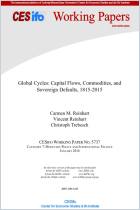
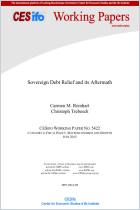
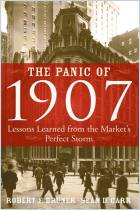
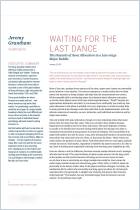

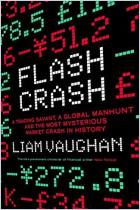
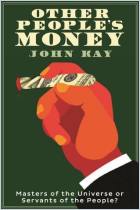
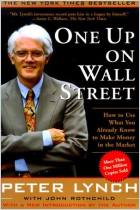




Comment on this summary or Démarrer une discussion